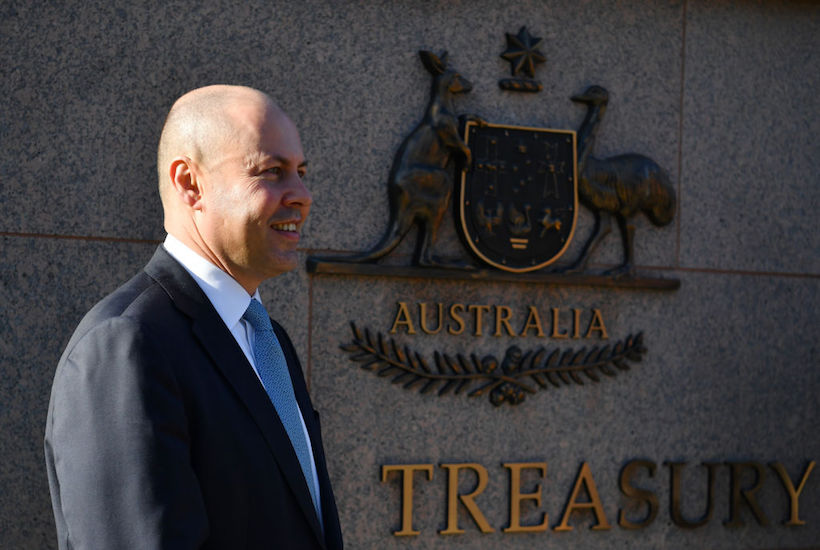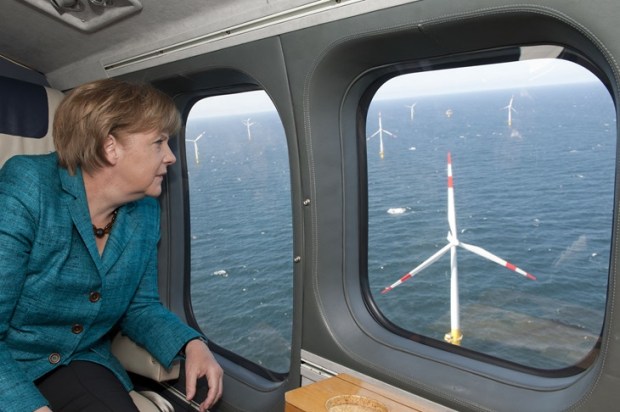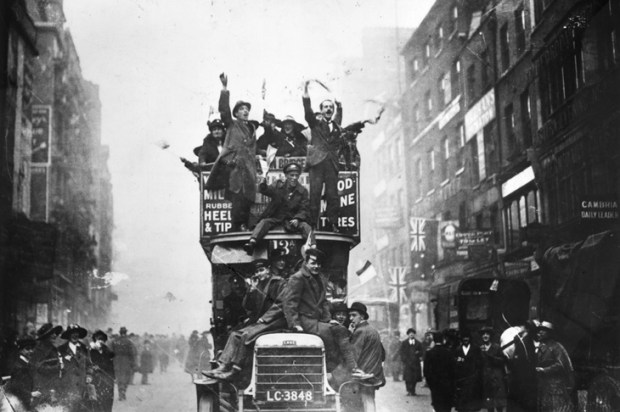Despite Josh Frydenberg’s denials, we appear set for a spendathon budget tonight, a budget where an unexpected surge in revenue will be squandered on sweeteners the government hopes will keep voters on a sugar high until they can dash off to an election.
It’s hard to imagine that the words “structural reform” will pass the lips of Scott Morrison or Josh Frydenberg – let alone Simon Birmingham, the ridiculously unsuitable Finance Minister – in coming days.
Yet Australia is still ranked poorly in terms of its tax structure among OECD countries. What is more, Australia’s personal and corporate tax rates are among the highest among OECD member countries.
Relative to the OECD average, the tax structure in Australia is characterised by substantially higher revenues from taxes on personal income, profits, and higher revenues from taxes on corporate income and gains; payroll taxes; and property taxes.
In fact, Australia’s corporate tax take ranks alongside those of the highest collecting nations in the developed world. The distortions and disincentives this creates should be priorities for government, particularly when recovering from a recession.
Australia has an over-reliance on personal income tax over consumption taxes – almost half at 41%.
Analysis of single workers at the income level of the average wage shows Australians pay 23.6 per cent of wage earnings to government in income tax. The OECD average on income tax paid in 2019 was 15.8 per cent.
A report commissioned by the New South Wales government last year, led by former deputy prime minister, John Anderson, found that Australia’s consumption tax is the second-lowest revenue raiser of the advanced economies, forcing governments to rely on damaging taxes on personal income and business.
The economic recovery has indeed been surprising, but at what cost? A recovery based on government spending cannot surely be a long term solution. Further, is the government going to continue to rely on personal income tax bonanzas and mining profits to fund its pork-barrelling? That is lazy policy. Eventually, we will run out of other people’s money.
Business taxes are taxes on jobs. They do not incentivise employment. A tax rate of 25% must surely be lowered to help small business – those quiet Australians who have borne the brunt of lockdowns.
There is counsel in the memorandum of advice provided to the incoming Thatcher government in 1979 (which John Howard reproduced in his autobiography, Lazarus Rising) that is as true today as it was then, namely:
First and foremost, the UK public sector has swollen beyond belief (due to) the Welfare State, rampant.
Necessarily, therefore, the overall burden of taxation is too high,
- and its effects are exacerbated by the structure of the taxation system,
- which, although ostensibly directed at the ‘fat cats’, in practice results not (or not so much) in levies falling genuinely on well-to-do but rather on the middle classes
- so that, literally, people in that category are increasingly disposed to ‘vote with their feet’ by taking their skills, energies and, not least, their attitudes towards their society, elsewhere.
The advice went on to state that the first place to start was fiscal policy, which would then allow tax relief for individuals and businesses. At the same time, the advice advocated industrial relations reform, particularly to ‘remove legal provisions which presently serve to bolster and magnify trade union power’.
Australia’s taxation system stymies competitiveness, and we have an industrial relations system that belongs in the 1980s. Real wages growth and productivity are as bad as they were at the time of the recession we had to have.
Margaret Thatcher had the guts to make necessary changes, as did John Howard and Peter Costello, as did Bob Hawke and Paul Keating in the 1980s, ably assisted by a finance minister more than up to the task in Peter Walsh.
But obviously not Scott Morrison, the new show about nothing.
Rocco Loiacono is a senior lecturer at Curtin University Law School.
Got something to add? Join the discussion and comment below.
Get 10 issues for just $10
Subscribe to The Spectator Australia today for the next 10 magazine issues, plus full online access, for just $10.

























Comments
Don't miss out
Join the conversation with other Spectator Australia readers. Subscribe to leave a comment.
SUBSCRIBEAlready a subscriber? Log in